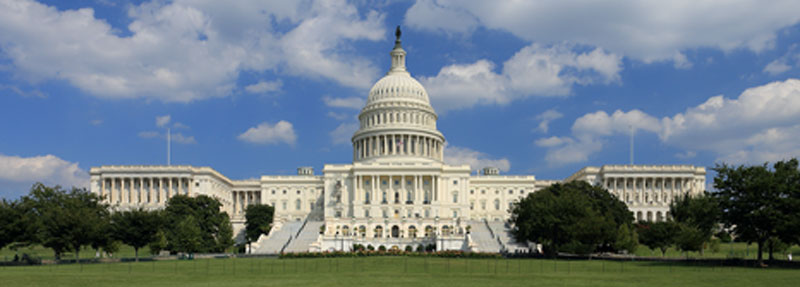
Celebrate the 30th Anniversary of the ADA with this Collection of Resources
As youth transition out of high school, it is important for families to know about the laws protecting individuals with disabilities from discrimination in postsecondary education, employment, and the community. The Americans with Disabilities Act (ADA) is the most comprehensive federal civil rights law that protects the rights of people with disabilities. It affects access to employment; state and local government programs and services; access to places of public accommodation such as businesses, transportation, and nonprofit service providers; and telecommunications.
This page of the National Parent Center on Transition and Employment’s website provides an overview of the law and links to PACER resources that focus on important ADA issues.
The ADA and Transitioning to Adulthood
Learning about the ADA by applying it to real-life situations can help make the law more understandable, show its relevance, and help students to develop needed self-advocacy skills. This PACER publication answers questions about how the ADA applies to key categories of life activities such as "Jobs and Job Training," "Postsecondary Education & Training," "Community Participation," "Recreation and Leisure," and "Home Living."
The ADA, Section 504 & Postsecondary Education
This popular PACER publication focuses on helping students and their families prepare for the transition from secondary programs to postsecondary options by learning about the protections provided by the Americans with Disabilities Act (ADA) and Section 504 of the Rehabilitation Act in the postsecondary setting.
ADA Update: 30 Years, Where Do We Go Now? A Webinar
The intent of the ADA was to provide persons with disabilities equality of opportunity, full participation, independent living, and economic self-sufficiency. Join this webinar on July 14th for a discussion of what can be done to further the rights of persons with disabilities and fulfill the goals of the ADA. The webinar, hosted by the Great Lakes ADA Center in collaboration with the ADA National Network, is free but you must register in advance.
Ed Roberts, the Disability Rights Movement, and the ADA
This online “exhibit” from the American Association of People with Disabilities and Google Arts and Culture celebrates some of the many groups and people who made the ADA possible, explores how and why it was passed, and concludes by looking at some of the major challenges people with disabilities are facing now.
Social Media Tips to Celebrate the ADA at 30
Celebrate the 30th anniversary of the ADA with the ADA National Network! Watch this video to see how to use a social media platform of your choosing to share what the ADA has meant to you #ThanksToTheADA. Learn more and get examples of other ways you can participate by visiting the Network’s ADA Anniversary page.
Timeline of the Americans with Disabilities Act
This historical timeline of the ADA from the ADA National Network starts in 1986 and ends in 2020. It highlights key steps of the legislative and regulatory process as well as significant court decisions such as the Olmstead decision of 1999. It notes the 2008 ADA Amendments Act and ends with the 30th anniversary of the law.
Webinar Series: Supporting Transition to Postsecondary Life with the ADA
TransCen’s Mid-Atlantic ADA Center is hosting a three-part webinar series designed to help professionals inform, assist, and support youth with disabilities and their families as they prepare for transition. Sessions will focus on how the ADA differs from special education law and the importance of understanding these differences to ensure a more effective transition to adult life. Remaining webinars in the series are on Accommodations in Higher Education and Employment on Thursday July 30th and Preparing Youth to Talk about Disability on Thursday August 13th.
Can’t find what you’re looking for? Contact a PACER Transition Specialist by emailing [email protected] or calling us at (952)838-9000.
Was this newsletter forwarded to you? Receive Inspiring Possibilities in your own inbox every month by subscribing here.
Join us on Facebook to stay up to date on the latest family-friendly, transition-related news, information, and resources. We also celebrate the successes of individuals, the broader disability community, and living in an inclusive community.
|